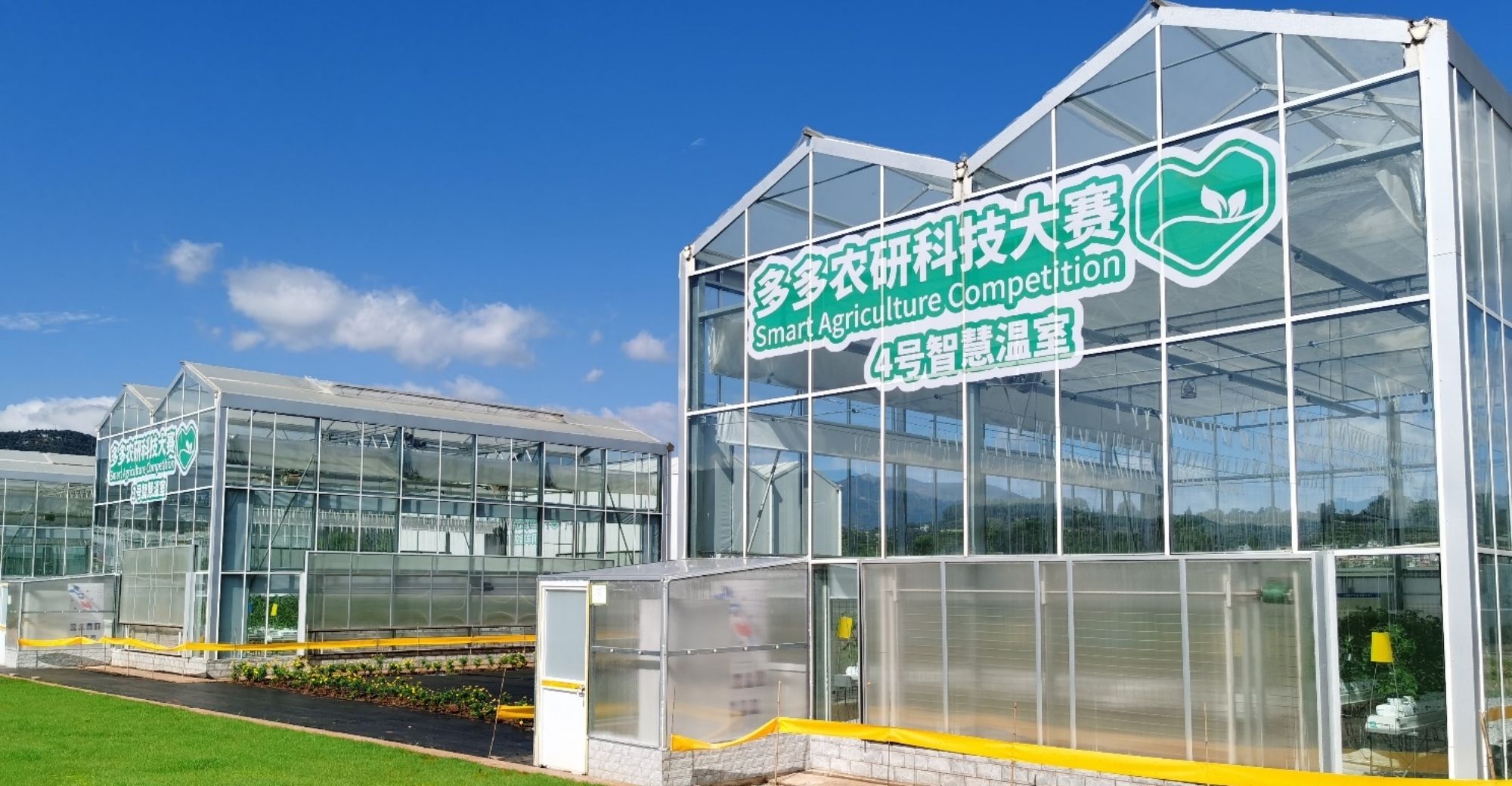Pinduoduo Ties up with Singapore’s A*STAR on Pesticide Testing
Pinduoduo has entered a research collaboration with Singapore’s Innovations in Food & Chemical Safety Programme (IFCS) at the Agency for Science, Technology and Research, also known as A*STAR, to develop a more cost-effective and robust method of testing fresh produce for pesticides.
The project will focus on developing a cheaper and quicker test that can detect a mix of pesticides, and can be deployed at various points of the supply chain.
Conducting more tests across a wider array of produce becomes more feasible with lower costs of testing, said Xin Yi Lim, Executive Director of Sustainability and Agricultural Impact at Pinduoduo. It also strengthens enforcement and helps stamp out bad actions over time, making the food system more secure and safer, she said.
Food adulteration may trump drug trafficking as one of the most significant international areas of crime due to the difficulties of enforcing safety standards across jurisdictions, according to the head of a top food safety research institute.
The problem is compounded by the complexity of the global food supply chain, and requires a group effort from farmers to suppliers to regulators and consumers to tackle the issue, said Benjamin Smith, director of the IFCS at the A*STAR.
“What becomes more challenging now is that, in the past, people got their vegetables from local markets so they knew the sources,” Smith said in an episode of the Agri Matters podcast hosted by Lim. “Nowadays, there’re so many different stages along the food chain where adulteration or food fraud may take place. If we’re not working together, we’re not going to achieve the goal.”
“Today’s consumers are not only looking for fresh and affordable produce, they also want to know the safety of the products,” said Lim. “If we can bring down the cost and time taken for testing produce for contaminants, we can meaningfully increase the coverage and frequency of testing such that consuming safe and healthy food is something accessible to all.”






